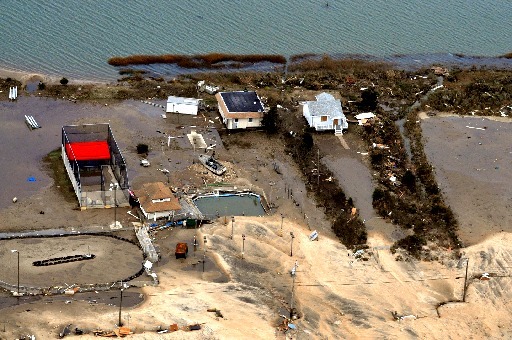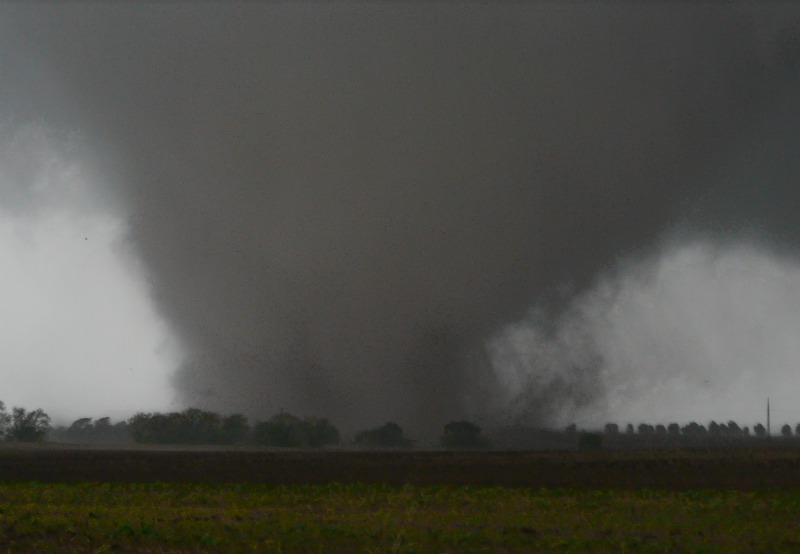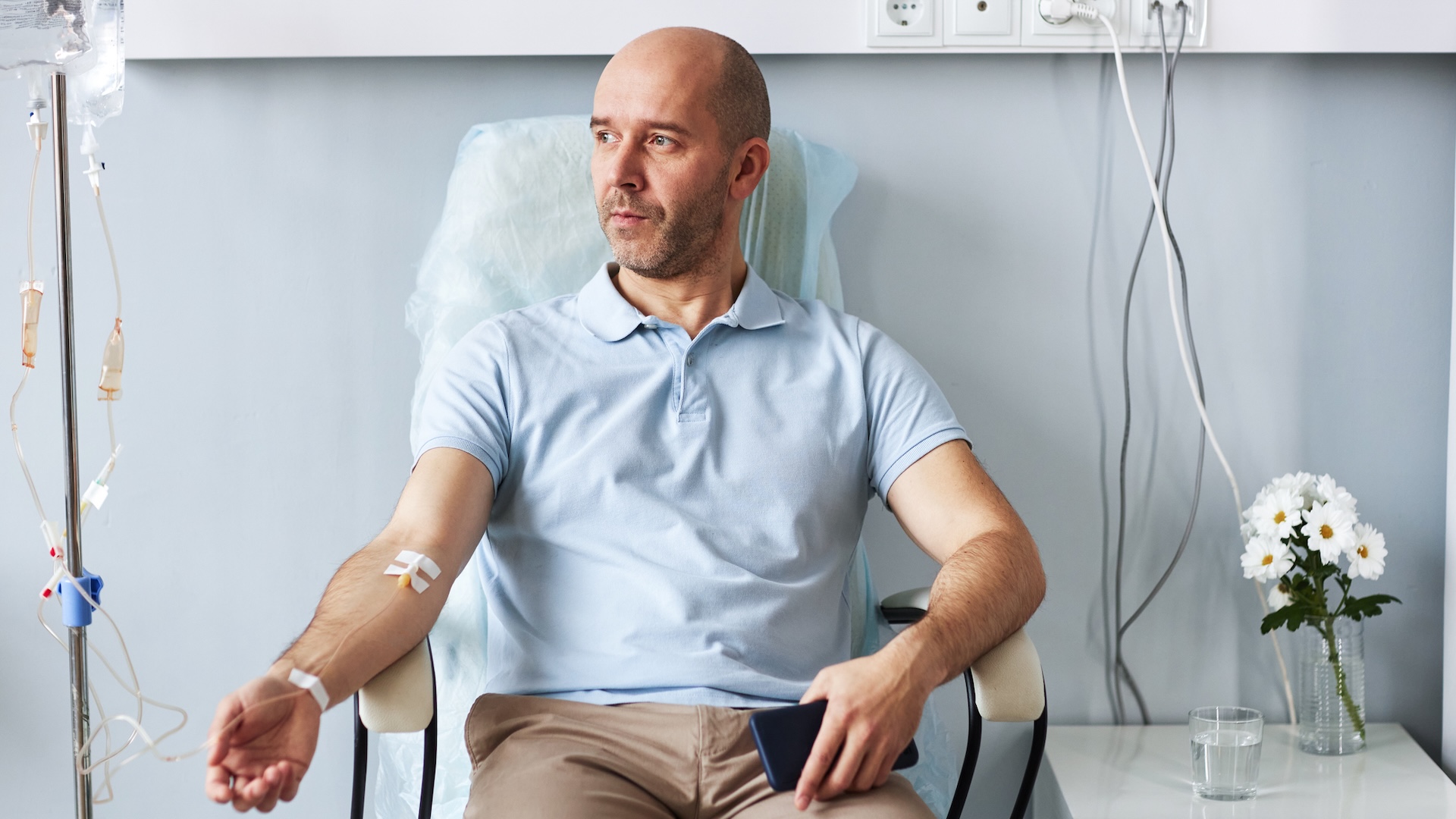Can Generation Y Improve the Response After Snowstorms, Tornadoes?


This article was provided by AccuWeather.com.
During January of 2011, Boston was blanketed in 38.3 inches of snow which is about three times the average snowfall amount for the month. As residents began the arduous task of shoveling their walkways, the fire hydrants adjacent to them remain untouched. Buried under mountains of snow, they would be of little use to firefighters who wouldn't even be able to determine their location if needed. These are the types of problems that face the U.S. government every day and can be solved by forward-thinking and innovation. The organization Code For America aims to solve these problems.
RELATED: AccuWeather.com Hurricane Center Get Detailed Severe Weather Data: Free Trial of AccuWeather Premium Bahamas, South Florida Closely Monitoring Dorian
Code For America is a non-profit organization that offers year-long fellowships to talented programmers and visionaries, mostly born into Generation Y, to provide services to overhaul the outdated and overburdened local governments. These systems become even more exacerbated in the face of a natural disaster. However, the perception of bureaucracy is regarded as villainous amongst young adults - an essential concept met with derision and cynicism instead of determination. Nicknamed not-so-affectionately as "Generation Me," the current young adults have been described as being more narcissistic and cynical than any other generation. It is widely believed that "Generation Me" doesn't exhibit the same civic-mindedness that earlier generations had, developed largely around the relevant civil rights issues.
Varying reasons can be attributed to this shift in mindset, but the integral difference seems to be the amazing technologies that have emerged since the creation of the Internet. Generation Me, or more widely known as "Generation Y," were raised in a world where they were seemingly both emboldened and burdened by technology.
Code For America hopes to showcase the exceptions to the rule by utilizing the talents and technologies of Gen Y to create a better government and, as a result, a better society. By applying the technological advancements that are embraced in the private sector, Code For America has provided Generation Y with a place to focus the altruistic spirit it's often been accused of lacking. Code For America Founder Jennifer Pahlka even joked during her 2012 TED talk that the program was the equivalent of the "Peace Corp for geeks."
Pahlka also commented that government was supposed to be "everything [tech people] are supposed to hate." But the program utilizes the technologies that Gen Y has grown addicted to in programs to revolutionize civic efforts. Notable efforts for natural disasters initiatives are Adopt-A-Hydrant, originally created for the city of Boston, and Recovers, a platform most recently being used in Moore, Okla., after the tornadoes in the spring of 2013.
Get the world’s most fascinating discoveries delivered straight to your inbox.
In response to the fire hydrant issue in Boston, Code For America fellow Erik Michaels-Ober created the Adopt-A-Hydrant app. When downloaded or by accessing the site online, citizens can "adopt" a nearby fire hydrant and pledge responsibility for making it accessible to firefighters during snowstorms. By integrating game dynamics, such as being able to name your hydrant and the ability for users to "steal" ownership if it is not done in a timely manner, the app went viral. Pahlka says the program is "showing what's possible with technology today." In stark contrast to traditional government work, the coding for the app was created in a single weekend.
Not only did the app go viral in Boston, it also attracted the attention of other government officials and was re-purposed for other crucial problems with simple modifications. Forest Frizzell, the deputy IT director for the city and county of Honolulu, took note and approached Code For America to use the framework in Hawaii. Hawaii's fire hydrants are not in danger of being buried by snow, but their tsunami sirens are often disabled by thieves stealing the batteries. Without the batteries, the sirens would be rendered useless and citizens left vulnerable to incoming tsunamis without warning. Frizzell told NPR the resulting app, Adopt-A-Siren, was an enormous success with an adoption rate of 75 percent.
More recently, Code For America created a program called Recovers, which aims to help prepare community for disasters and coordinate relief efforts after. Recovers promises "simple tools and set-up" to provide communities with a platform to make actionable decisions after a natural disaster.
The program has been adopted by Moore, Okla., in May of 2013 in response to the EF-5 tornadoes that decimated large parts of the town. The information hub streamlines the traditional and outdated volunteer process by allowing citizens to browse assignments, sign up, offer certain skills, complete liability waivers and ultimately maximize outreach efforts. The site also provides an information center for people to access local news about the recovery efforts to visualize tangible results. Recovers aims to harness the power of the Internet by centralizing relief information and maximizing manpower and donations to help victims of natural disasters.
This service is available to any municipality that signs up and pays a nominal fee to the organization. Recovers recommends utilizing the program before any natural disasters occur - their site explains it "empowers communities to prepare."
So while Generation Y may have already been written off as self-absorbed and cynical, Pahlka believes that the age group has the power to truly be agents for a more effective society. She explained, "It's not just Code For America fellows, there are hundreds of people over the country that are standing and writing civic apps every day in their own communities. They haven't given up on government."
Code For America hopes to bring the power of the people to the 21st century by streamlining and advancing important government projects. By adapting new technologies, the future of these initiatives are limitless. With widespread adoption, Recovers could fundamentally change the way we respond to natural disasters like tornadoes and hurricanes. With Adopt-A-Hydrant, fires could be fought more effectively all around the country. Powered by "Generation Me," Code For America can help solve everyday problems and make natural disaster response much more efficient.
© AccuWeather.com. All rights reserved. More from AccuWeather.com.
The only sure thing about weather forecasts is that they’re wildly different all over the planet. Test your knowledge on the wild ranges in temperature, precipitation and more.
Extreme Weather Facts: Quiz Yourself



